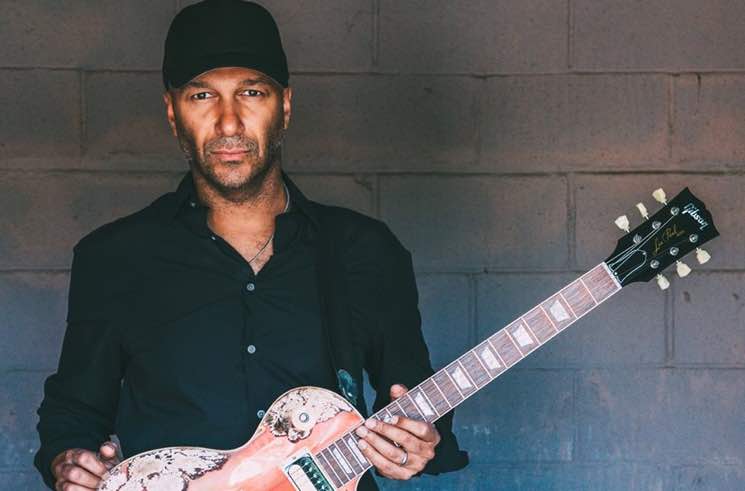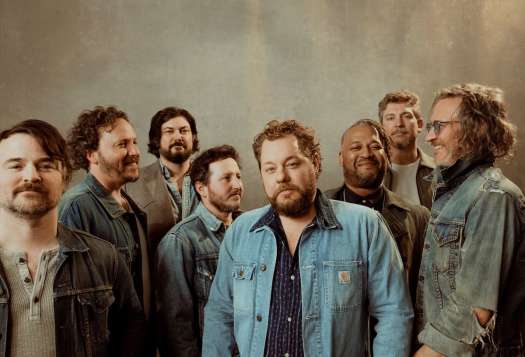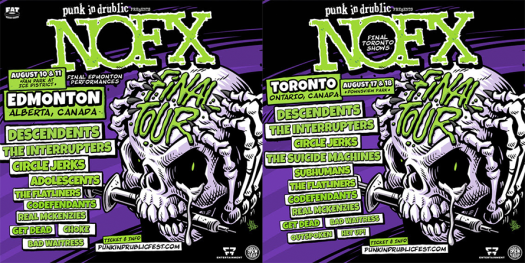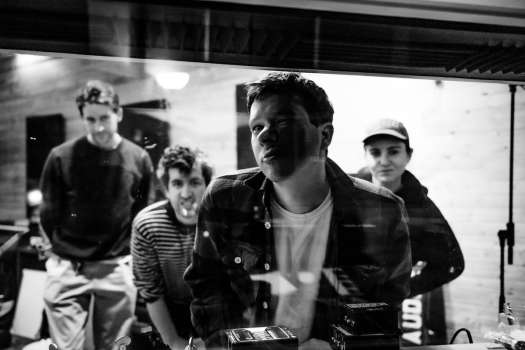Nandi Bushell collaborator and Rage Against the Machine guitar legend Tom Morello isn't, in fact, Jimi Hendrix.
And that's actually a pretty important distinction to make: in a new interview with NME, Morello opened up about the racist comparisons he's been subjected to as a public-facing Black rock guitarist.
As Morello explained, he started experiencing discrimination based on his racial identity early on in life. Growing up as the only Black student at his school in Illinois meant classmates would ask to touch his hair and other alienating questions, alongside calling him "all the words you sometimes call the only Black kid in class."
Morello joked that he "miraculously changed colour" after the 1991 formation of Rage Against the Machine, a band whose music has undeniably received airplay on a lot of predominantly white rock radio stations.
"There's a large subset of the audience that is shocked and upset when they hear me talk about self-identifying as Black," he explained to interviewer Ali Shutler. "They're one step short of offended. But I'm Kenyan, dude! I'm straight-up Africa Black."
"It's not always a malicious prejudice," Morello added, "but there is that ingrained prejudice in the DNA of rock, despite the fact it was invented by Black people."
He continued:
I don't know if things have got better over the last couple of years, but there used to be a firewall. I used to publicly disavow Jimi Hendrix because every single gig I played as a young man, someone in the audience would yell "Play 'Foxy Lady,'" or "Play with your teeth." That was the assumption because there was only one signpost for what a Black guitar player could be. I had to distance myself from that to be the guitarist I wanted to be. Thankfully, that's no longer the case.
There's room in the cultural imagination for Morello and all the budding Black guitarists he's surely inspired to pick up an axe and become the musicians they want to be, too.
Earlier this year, Morello was accused of showing "white man privilege" and was forced to remind people that he's not white. He also called on the music industry to help Girl with a Guitar students in the occupation of Afghanistan's capital city.
And that's actually a pretty important distinction to make: in a new interview with NME, Morello opened up about the racist comparisons he's been subjected to as a public-facing Black rock guitarist.
As Morello explained, he started experiencing discrimination based on his racial identity early on in life. Growing up as the only Black student at his school in Illinois meant classmates would ask to touch his hair and other alienating questions, alongside calling him "all the words you sometimes call the only Black kid in class."
Morello joked that he "miraculously changed colour" after the 1991 formation of Rage Against the Machine, a band whose music has undeniably received airplay on a lot of predominantly white rock radio stations.
"There's a large subset of the audience that is shocked and upset when they hear me talk about self-identifying as Black," he explained to interviewer Ali Shutler. "They're one step short of offended. But I'm Kenyan, dude! I'm straight-up Africa Black."
"It's not always a malicious prejudice," Morello added, "but there is that ingrained prejudice in the DNA of rock, despite the fact it was invented by Black people."
He continued:
I don't know if things have got better over the last couple of years, but there used to be a firewall. I used to publicly disavow Jimi Hendrix because every single gig I played as a young man, someone in the audience would yell "Play 'Foxy Lady,'" or "Play with your teeth." That was the assumption because there was only one signpost for what a Black guitar player could be. I had to distance myself from that to be the guitarist I wanted to be. Thankfully, that's no longer the case.
There's room in the cultural imagination for Morello and all the budding Black guitarists he's surely inspired to pick up an axe and become the musicians they want to be, too.
Earlier this year, Morello was accused of showing "white man privilege" and was forced to remind people that he's not white. He also called on the music industry to help Girl with a Guitar students in the occupation of Afghanistan's capital city.




